Articles
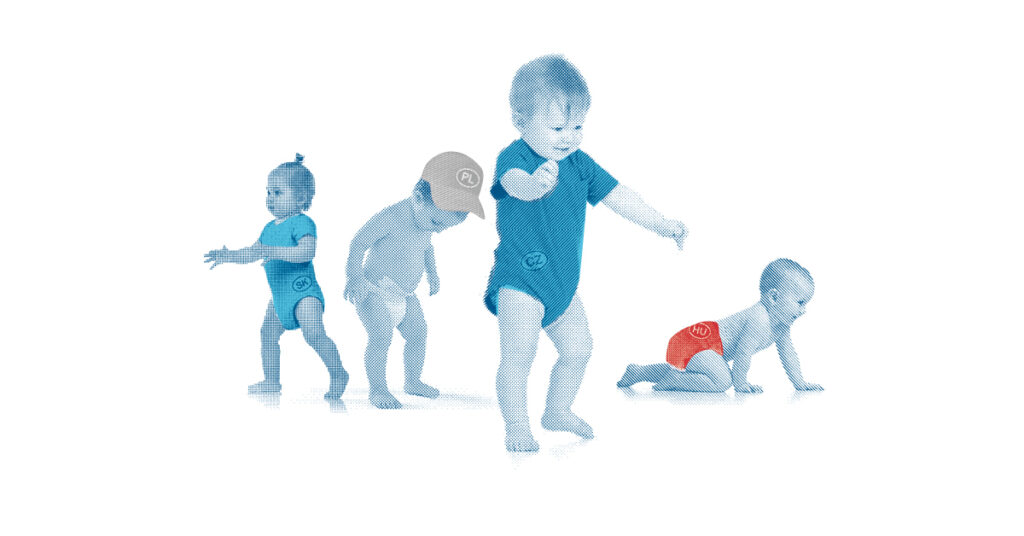
Quo Vadis, Central and Eastern Europe?
When communism ended in 1989, the future of the region seemed clear-cut. Today the picture is much more varied but also more controversial than one would have imagined nearly three decades ago. When communist dictatorships with their centrally planned economies collapsed, triumphant liberal democracy and the free market economy seemed to offer an obvious and…
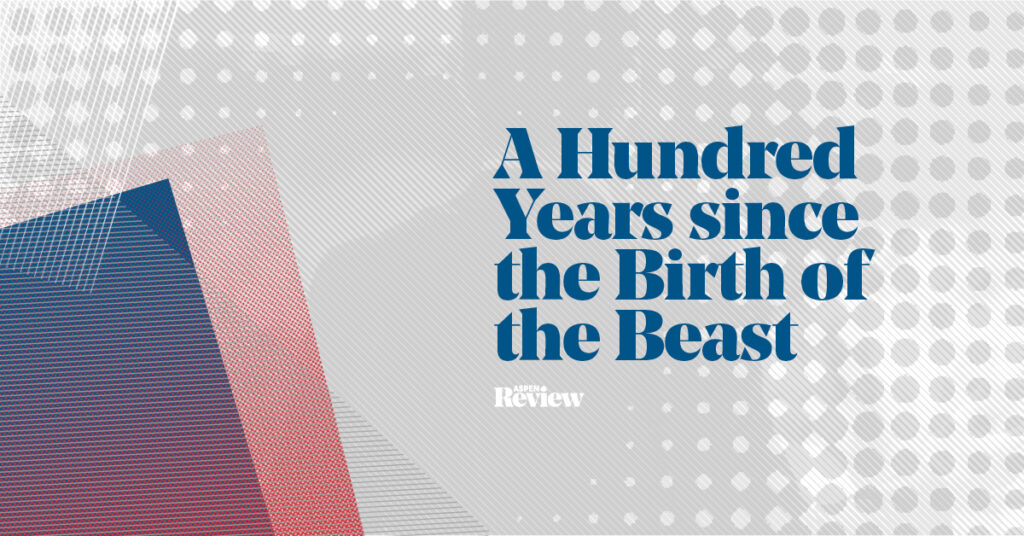
A Hundred Years since the Birth of the Beast
On the night of 7 to 8 November, 1917, a military rule over St. Petersburg was seized by Dybenko, Krylenko, Antonov-Ovseyenko, and Trotsky. Red Guards surrounded the Winter Palace where Russia’s Provisional Government was located, arresting its members. Lenin appointed himself head of the new revolutionary government. This was the start of Bolshevik, or communist,…
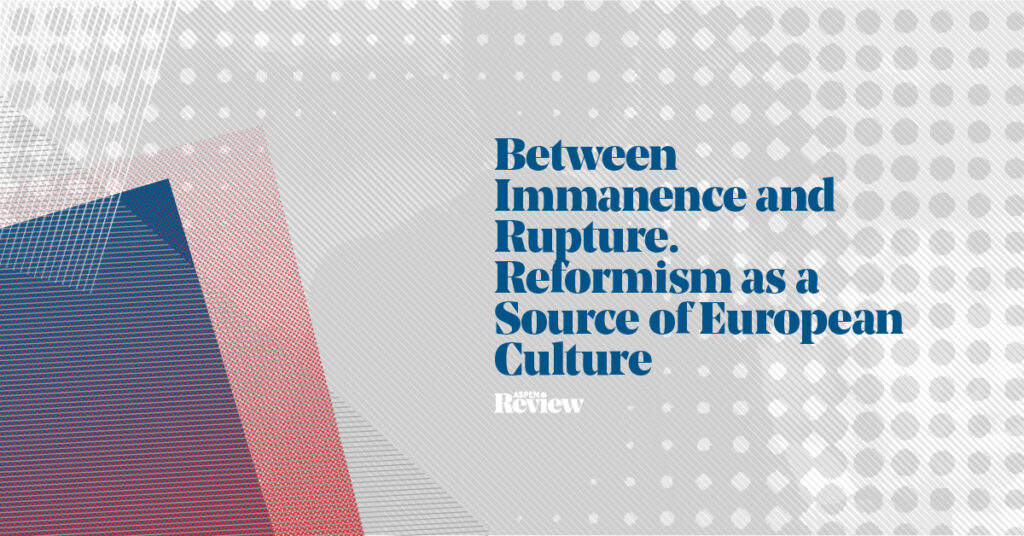
Between Immanence and Rupture. Reformism as a Source of European Culture
The identity of Western civilization—if one may use such a shorthand formula—is closely intertwined with the Reformation. To ask about this 16th-century protest movement is to reach towards the foundations of the spiritual transformations of modern Europe. Status Quaestionis Great historical events are usually described by investigating causes and effects. This classroom approach has its…
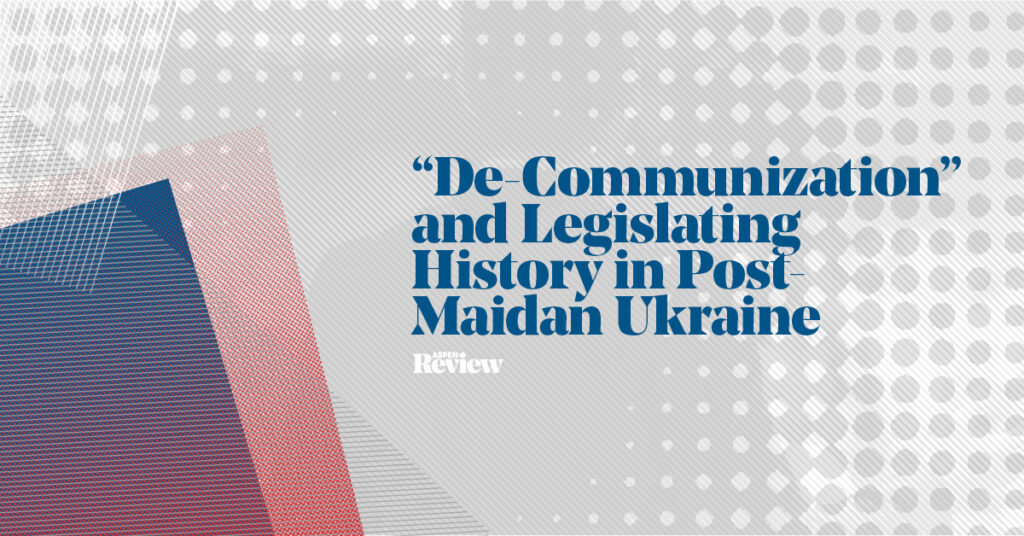
“De-Communization” and Legislating History in Post-Maidan Ukraine
Both advocates and critics of the Ukrainian “de-communization” tend to present it as exceptionally important or even crucial for the future of Ukrainian society and state. Their arguments usually imply “identity” and “memory” to be central for the Ukrainian public opinion. At the same time, polls show that public opinion remains rather skeptical or even indifferent…
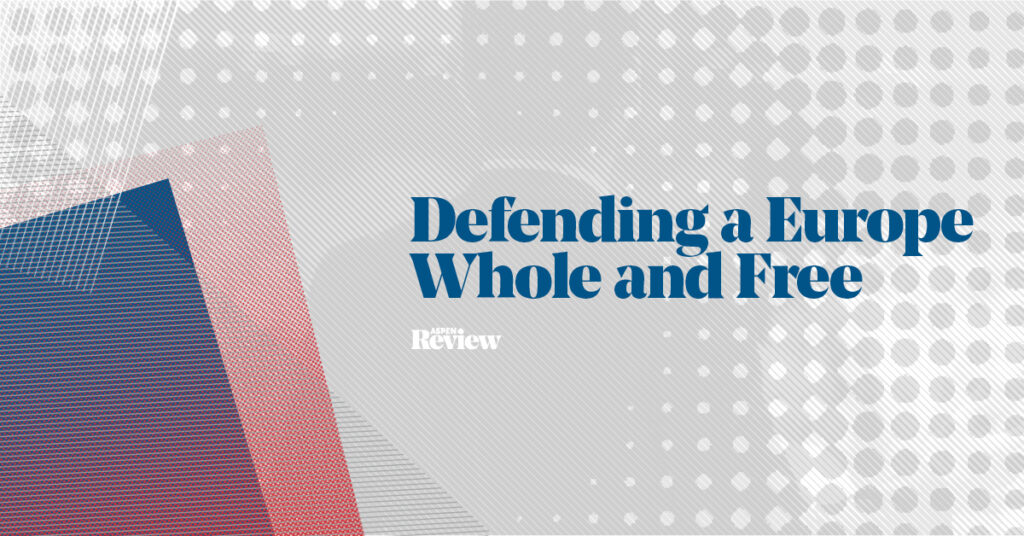
Defending a Europe Whole and Free
A disunited, politically paralyzed, and anti-democratic Europe would erode the ability of NATO to defend and uphold transatlantic norms, values, and institutions, seriously undermining and ultimately questioning the future of the alliance. Russia has put Central and Eastern Europe (CEE) in its crosshairs, launching disinformation and cyber-attacks, issuing threats, and securing political allies and economic…

How Will Central Europe Shape the European Union?
An undefined grey mush or the yeast that will give the entire European Union a new impetus? Once neglected Central Europe is again at the centre of attention. This time, however, not because of its collective resistance to refugee quotas but because its understanding of the European Union may provide a model for the future.…
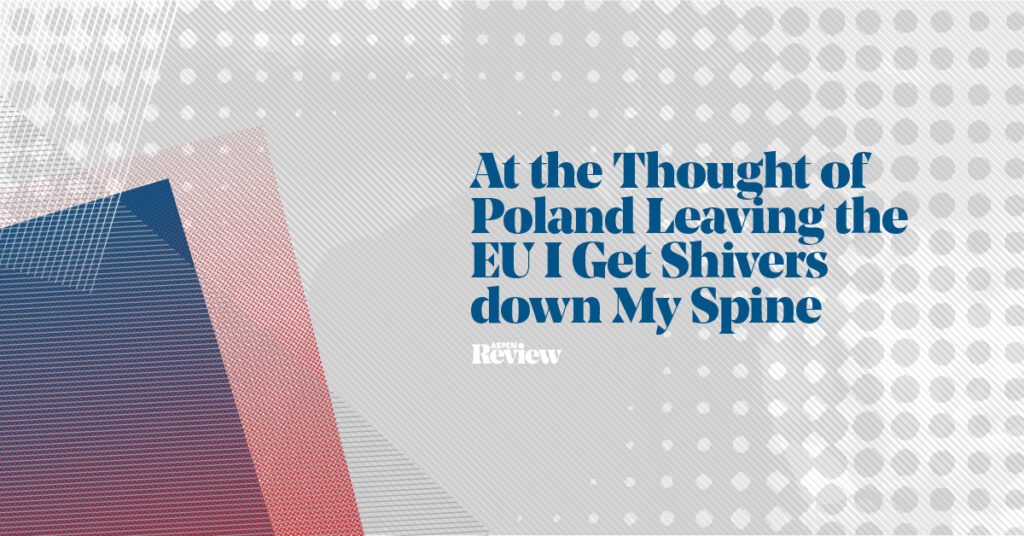
Agnieszka Holland: At the Thought of Poland Leaving the EU I Get Shivers down My Spine
Recently there was a march of the National Movement in Warsaw. When I looked at the reports, I had an impression that history had come full circle. I’m terrified by the total lack of reflection on the part of the authorities and people identifying with the ideas which had led to terrible crimes—says Polish film…
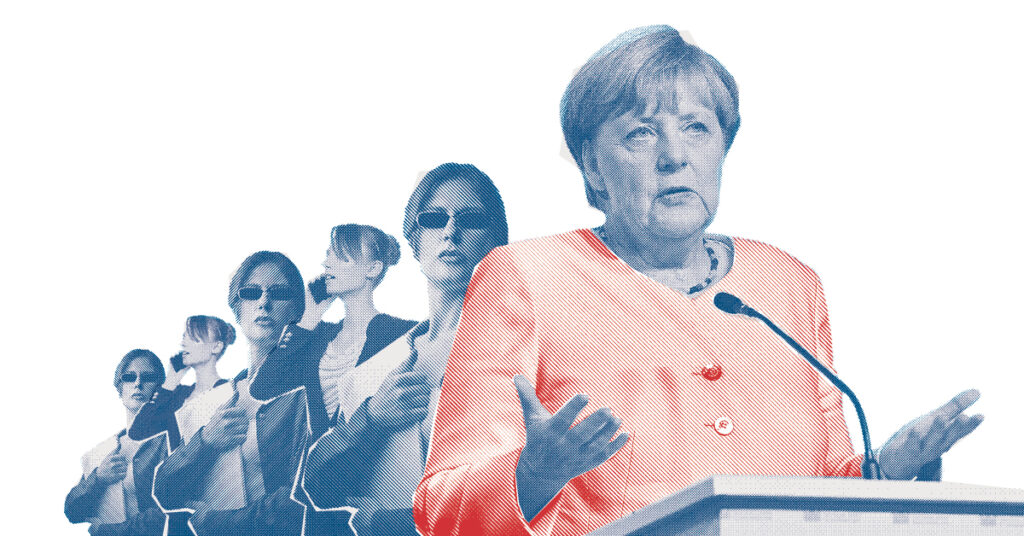
Merkel’s Mean Girls
Angela Merkel has built her career around female advisors and undermined the old boys’ network in the process. Having won her fourth consecutive election victory—albeit with a reduced number of votes—Merkel is set to govern Europe’s largest economy for another term. How has this most unlikely of political leaders succeeded in transforming the once male…

Czechitas, or Why There Is a Lack of IT in Women Rather Than of Women in IT
Women in IT, or rather, those missing from IT, have recently been at the center of global debate. Women find it difficult to break through the glass ceiling in politics and business, and since the 1980s their share in male-dominated fields such as information technology has actually been decreasing. Debate has focused on the need…

Women in Central European Politics. Seen but Not Heard?
Less than nineteen percent. Such striking underrepresentation of women in Central European national parliaments can be compared only to the Arab States. Less than nineteen percent. That is, according to the Inter-Parliamentary Union database, the proportion of women in V4 national parliaments, combined. It is less than the world’s average of 22.8%. Interestingly enough, there…

Women in Politics
Women’s representation in Slovak electoral politics, governance, and executive suites has been persistently low and currently displays a downward trend. The Slovak situation is fully comparable with the levels of female representation across all of the so-called transition countries. Occupancy analysis of managing positions and public offices within major institutions and organizations has clearly shown…

Marching with Women: Then and Now
Women’s demonstrations have become one of the most prominent ways of resisting the populist right and the attack on human rights. What are the origins of these protests? What do they mean, and how do they impact society and politics? In the chilly morning of March 3, 1913, just one day before the inauguration of…
The Misfits
What is the classic European literature really about? According to Hans Mayer, author of the book The Misfits [Außenseiter], it is a disguised story about discrimination and exclusion told by homosexuals, women, and Jews. Mayer, an outstanding German literary scholar (1907-2001), argued his claim using the example of the life and works of such diverse…

Empowering Women
Dear Readers, In his article, in remembrance of the 1917 revolution in Russia and temptations of communist ideology, Roman Joch mentioned an episode of an unsuccessful resistance against Bolsheviks by cadets and women volunteers. Communism believed to liberate the oppressed and to emancipate women started by killing just women and children. What is the relationship…
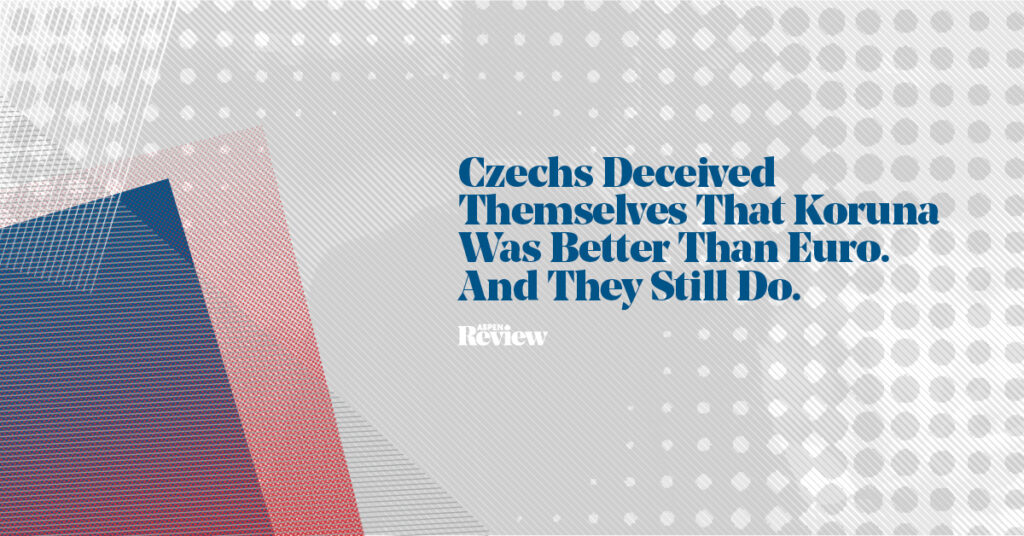
Czechs Deceived Themselves That Koruna Was Better Than Euro. And They Still Do.
It was the night when, sixteen years after the break-up of Czechoslovakia, the tables were turned. One of the main reasons the common state of the Czechs and the Slovaks fell apart on January 1, 1993, was that the Czechs, particularly their then political leader, Prime Minister Václav Klaus, lost patience with the Slovaks and…
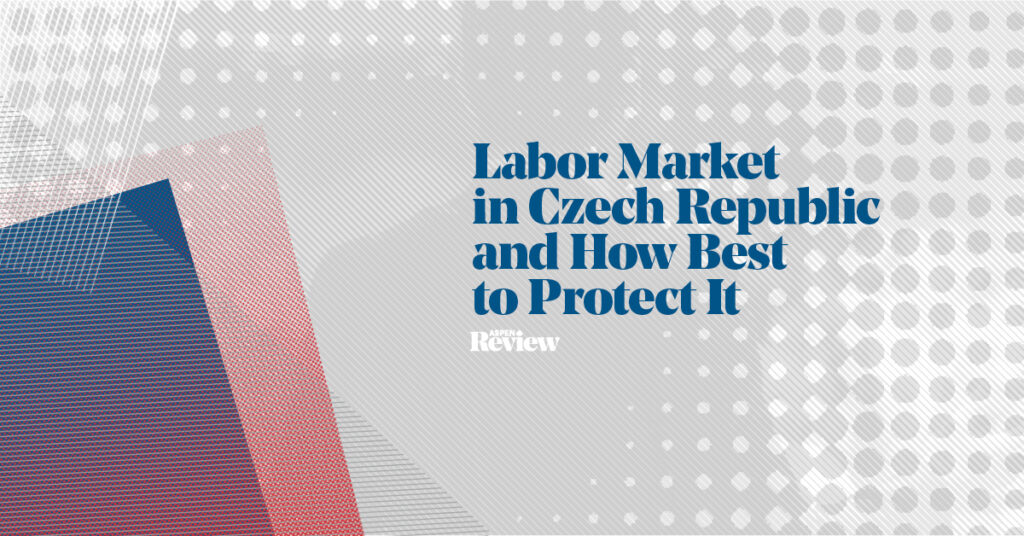
Labor Market in Czech Republic and How Best to Protect It
There is no straightforward answer to the question whether the labor market in the Czech Republic should be protected in cooperation with the European Union or in opposition to it. While some EU initiatives might help protect the Czech labor market, other current trends in the EU policy might jeopardize it.
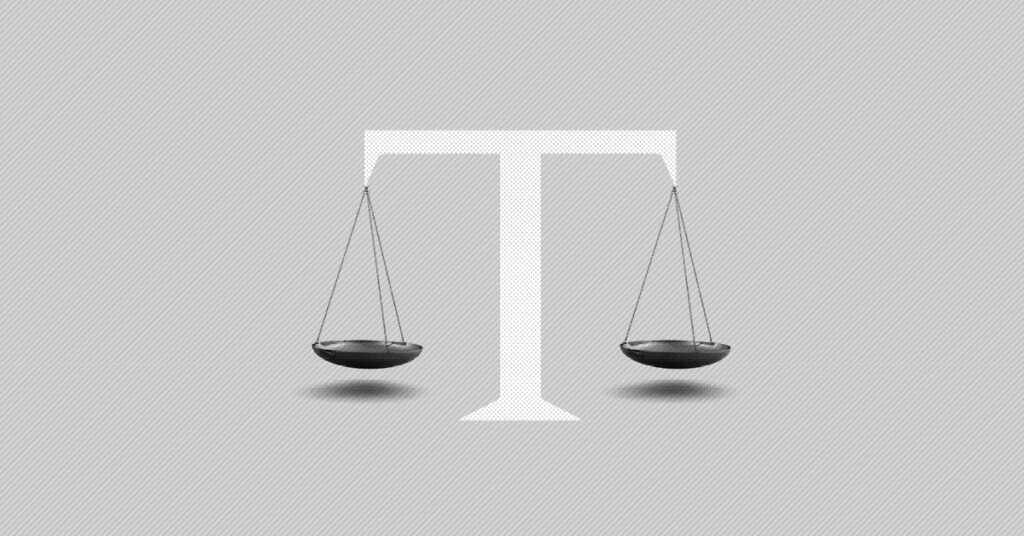
President Trump and Free Trade
President Donald Trump did not wait until January 20, 2017, before starting to introduce parts of his economic program by exerting protectionist pressure and casting doubt over free trade agreements.

Exports: Mainstay and Showcase of the Czech Economy—Threats and Opportunities
The old materialistic belief that whatever you cannot physically touch does not really exist is still deeply rooted in Czech thinking. Over the past years, as the world has become more “virtualized,” competitiveness in intangible activities has grown in importance in international trade too.
